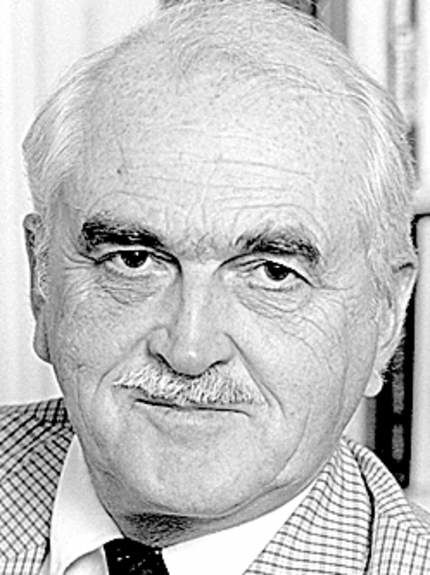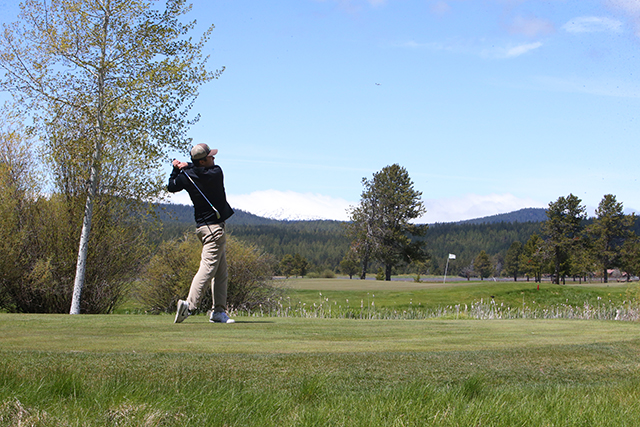Historian Henry Turner wrote controversial book about Nazis
Published 4:00 am Wednesday, January 21, 2009

- Henry Turner
Henry Ashby Turner, a leading historian whose book “German Big Business and the Rise of Hitler” (1985) challenged the widely held theory that German industrialists were the Nazi Party’s most influential supporters and embroiled him in a fierce scholarly debate, died Dec. 17 in New Haven, Conn. He was 76.
The cause was complications of melanoma, said his son Matthew.
Scholarly debate
Turner, who taught at Yale for 44 years, published several important works on modern Germany, including “Stresemann and the Politics of the Weimar Republic” (1963), a study of Gustav Stresemann, the liberal statesman who served as Germany’s chancellor and foreign minister in the 1920s, and “Hitler’s Thirty Days to Power” (1996).
He was best known, however, for “German Big Business and the Rise of Hitler,” which marshaled a wealth of archival information to argue that German industrialists had contributed far less to the Nazi Party than previously thought.
Most of the Nazi Party’s money, he wrote, came from membership dues, contributions at rallies and party publications. It was the owners of small and medium-size companies who were most likely to support the party, he argued, not the big industrialists, who, alarmed by Hitler’s anti-capitalist tirades, tended to direct their support to a variety of bourgeois parties.
The argument contradicted the Marxist thesis underlying “The Collapse of the Weimar Republic: Political Economy and Crisis” (1981) by David Abraham, a Princeton historian who argued that German businessmen had assumed the role of Hitler’s principal backers to suppress the working-class movement.
Turner accused Abraham of distorting and even falsifying archival data to suit his argument, touching off a ferocious debate that embroiled scholars in the U.S. and Germany.
Focus on Germany
Henry Ashby Turner Jr. was born in Atlanta and grew up in Bethesda, Md. After earning a bachelor’s degree from Washington and Lee University in 1954, he attended the University of Munich and the Free University of Berlin before being granted his Ph.D. in 1960 from Princeton.
In 1958, he married Jane Swanger, who survives him, as do his sons Matthew, of Manhattan, and Bradley, of Baltimore; his daughter, Sarah Ryan, of Watertown, Mass.; and six grandchildren.
At Yale, Turner taught the core undergraduate course on modern German history until his retirement in 2002, while publishing works like “Faschismus und Kapitalismus in Deutschland” (“Fascism and Capitalism in Germany” 1966), “The Two Germanies Since 1945” (1987) and “Germany From Partition to Reunification” (1992).
The Abraham affair, a tempestuous interlude in an otherwise quiet scholarly life, sharply divided historians. Some thought that Turner had fixated on a few careless mistakes by a novice scholar and was pursuing a vendetta based on ideological differences and, perhaps, a sense of rivalry.
Turner’s supporters, including one of the two historians who had read Abraham’s book in manuscript, countered that he had exposed scholarly felonies, not misdemeanors. Turner and his supporters pursued the campaign energetically, and Abraham eventually left the historical profession.






